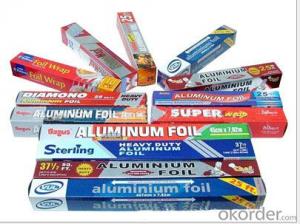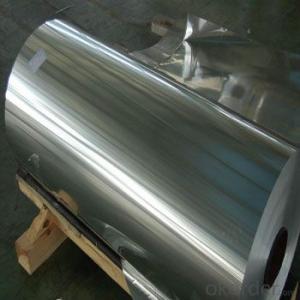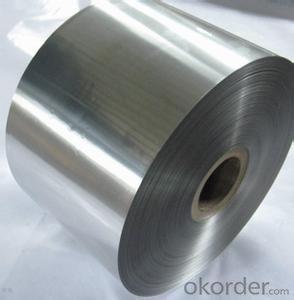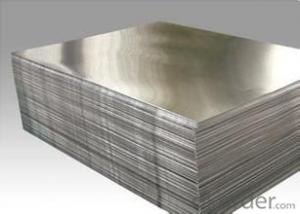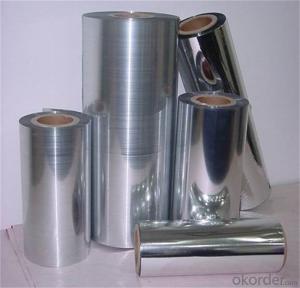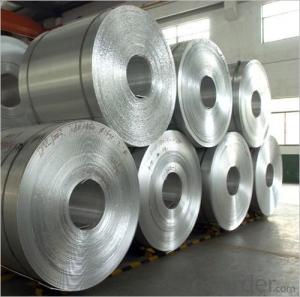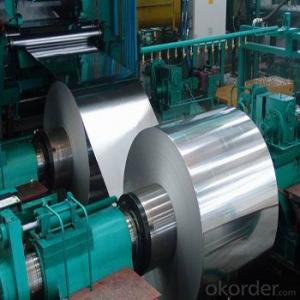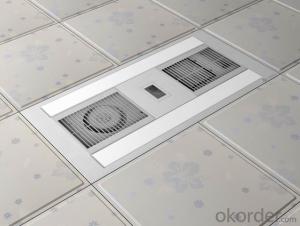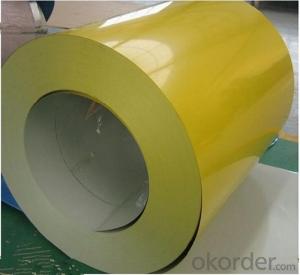Black Aluminum Coil
Black Aluminum Coil Related Searches
Led Light Bulbs For Ceiling Fixtures Led Lamps For Ceiling 42 In Ceiling Fan With Light Aluminum Coil Stock For Gutters Aluminum Foil For The Grill Hole Saw For Aluminum Plate Aluminum Tread Plate For Trailer Bow Plate For Aluminum Boat Aluminum Foil For Grow Room Aluminum Foil For Joint PainHot Searches
Stock Price For Aluminum Aluminum Coil Stock For Sale Aluminum Gutter Coil For Sale Used Aluminum Scaffolding For Sale 1/4 Aluminum Plate For Sale Aluminum Bar Stock For Sale Aluminum Round Stock For Sale Aluminum Diamond Plate For Sale Aluminum Scaffolding For Sale Craigslist 6061 Aluminum Plate For Sale Aluminum Dock Plate For Sale 7075 Aluminum Plate For Sale Aluminum Tread Plate For Sale Aluminum Checker Plate For Sale Aluminum Plate For Sale Near Me Plate Aluminum For Sale Aluminum Plate For Sale Aluminum Square Stock For Sale Aluminum Flat Stock For Sale Billet Aluminum Stock For SaleBlack Aluminum Coil Supplier & Manufacturer from China
Okorder.com is a professional Black Aluminum Coil supplier & manufacturer, offers integrated one-stop services including real-time quoting and online cargo tracking. We are funded by CNBM Group, a Fortune 500 enterprise and the largest Black Aluminum Coil firm in China.Hot Products
FAQ
- There are various hardness levels of aluminum coils, which are classified based on the alloy and tempering process used during their manufacturing. The most common hardness levels for aluminum coils are: 1. Soft (O temper): This is the most malleable and ductile state of aluminum coils. They are highly formable and suitable for applications that require extensive shaping or bending. 2. Quarter Hard (H12 temper): Aluminum coils in this hardness level have undergone a slight cold-working process, which increases their strength and stiffness. They are less malleable than soft coils but still retain good formability. 3. Half Hard (H14 temper): Coils in this hardness level have undergone a moderate cold-working process, resulting in further increased strength and stiffness. They are less formable than quarter-hard coils but are ideal for applications that require higher strength. 4. Three Quarter Hard (H16 temper): Aluminum coils in this hardness level have undergone a more intensive cold-working process, making them even stronger and less formable than half-hard coils. They are suitable for applications that require high strength and minimal deformation. 5. Full Hard (H18 temper): Coils in this hardness level have undergone the most extensive cold-working process, resulting in maximum strength and minimal formability. They are commonly used in applications that require high structural integrity and resistance to deformation. It is important to note that the specific hardness levels available for aluminum coils may vary depending on the alloy and manufacturer. Additionally, different industries and applications may have specific requirements for hardness levels, so it is crucial to choose the appropriate hardness level based on the intended use of the aluminum coils.
- Yes, aluminum coils are compatible with different joining methods. Some common joining methods for aluminum coils include welding, soldering, brazing, and mechanical fastening. The choice of joining method depends on the specific application and requirements.
- The unique properties and advantages of aluminum coils make them widely used in the production of musical instruments. Guitar pickups are one of the main applications for these coils, as they are wound around a magnetic core and capture the vibrations of the guitar strings, converting them into electrical signals. Aluminum's electromagnetic properties make it an excellent material for this purpose, allowing for precise sensing and amplification of the instrument's sound. Not only are aluminum coils used for guitar pickups, but they are also utilized in the manufacturing of other instruments such as electric keyboards, synthesizers, and electric violins. These coils are crucial for generating and transmitting sound signals, ensuring high-quality audio output. Aluminum's lightweight nature is preferred as it doesn't add unnecessary weight to the instrument, making it easier to handle and more portable. Furthermore, aluminum coils are employed in constructing wind instruments like saxophones and trumpets. They are used to shape the tubing and form the body of these instruments. Aluminum's corrosion resistance is particularly valuable in this application, as it helps maintain the instrument's durability and longevity. In summary, aluminum coils play a vital role in the production of musical instruments by providing a reliable means of capturing, transmitting, and amplifying sound signals. Their unique properties, including electromagnetic sensitivity and corrosion resistance, make them ideal for ensuring high-performance and longevity in various musical instruments.
- What are the production processes of aluminum coil and what are the functions of various industrial furnaces in the production of aluminum? The more detailed, the better. Thank you! Points!
- There are aluminum annealing furnace, aluminum alloy quenching furnace, aging furnace and smelting furnace.
- The excellent heat transfer properties and durability of aluminum coils make them widely used in HVAC systems. These coils play a vital role in cooling by efficiently extracting heat from the air. In HVAC systems, you will typically find aluminum coils in the condenser and evaporator units. The condenser coil releases heat to the surroundings by transferring it to the outdoor air, while the evaporator coil absorbs heat from indoor air, cooling it down. Aluminum is the preferred material for these coils because of its high thermal conductivity, allowing for efficient heat transfer. The coils consist of thin aluminum fins attached to aluminum tubes. This design maximizes the coil's surface area, enabling better heat exchange between the refrigerant flowing through the tubes and the air passing over the fins. During the cooling process, the coil's refrigerant absorbs heat from the indoor air, transforming it into a gas. The heat is then transferred to the aluminum fins, where it dissipates into the surrounding air. Consequently, the air passing through the evaporator coil becomes cooler, creating a comfortable indoor environment. Similarly, in the condenser unit, the refrigerant releases heat to the outdoor air through the aluminum coils. This allows the refrigerant to return to its liquid state, ready to be cycled back to the evaporator coil for the cooling process to continue. Aluminum coils are also favored in HVAC systems due to their corrosion resistance, ensuring their longevity and reliability. They are lightweight, making installation and maintenance easier. Moreover, aluminum coils are recyclable, contributing to a more sustainable and eco-friendly HVAC system. In summary, aluminum coils are crucial components of HVAC systems, providing efficient heat transfer, durability, and corrosion resistance. Their use greatly contributes to the cooling and comfort of indoor spaces.
- The fatigue strength of aluminum coils can vary depending on various factors such as the specific alloy used, the manufacturing process, and the application. Generally, aluminum alloys have good fatigue strength compared to other materials, making them suitable for a wide range of applications that require resistance to cyclic loading and fatigue. Aluminum coils are commonly used in industries such as automotive, aerospace, and electrical due to their lightweight nature and excellent corrosion resistance. Their fatigue strength is typically determined through fatigue testing, which involves subjecting the material to repeated cycles of stress until it fails. Aluminum alloys used in coil form are designed to withstand cyclic loading without experiencing significant damage or failure. The fatigue strength of aluminum coils is influenced by factors like the alloy composition, heat treatment, and surface finish. Higher strength aluminum alloys, such as those in the 7000 series, generally exhibit higher fatigue strength compared to lower strength alloys like the 1000 or 3000 series. To determine the specific fatigue strength of aluminum coils, it is essential to consider the intended application, the stress levels expected during operation, and the desired service life. Fatigue life predictions can be made using various models and testing methods such as S-N curves (stress amplitude vs. number of cycles to failure). In summary, the fatigue strength of aluminum coils is generally considered good, making them a suitable choice for applications that require resistance to cyclic loading and fatigue. The specific fatigue strength of aluminum coils can vary depending on factors such as alloy composition, heat treatment, and surface finish. To accurately determine the fatigue strength for a specific application, it is recommended to consult technical specifications or conduct fatigue testing.
- Indeed, aluminum coils prove to be fitting for marine applications. As a material resistant to corrosion, aluminum becomes an ideal option for deployment in marine settings that often encounter saltwater and other forms of corrosive elements. Lightweight, long-lasting, and boasting a high strength-to-weight ratio, aluminum coils hold significance in marine applications where weight reduction is sought after. Moreover, aluminum coils exhibit resilience in the face of extreme temperatures and possess commendable thermal conductivity, rendering them suitable for diverse marine heating and cooling systems. In summary, aluminum coils enjoy popularity in marine applications owing to their corrosion resistance, durability, and lightweight attributes.
- Yes, there are certain restrictions on the coil thickness of aluminum coils. The thickness of aluminum coils may vary depending on the specific application and manufacturing process. However, it is generally limited by practical constraints such as the equipment capabilities, handling and transportation considerations, and the desired properties of the final product.















